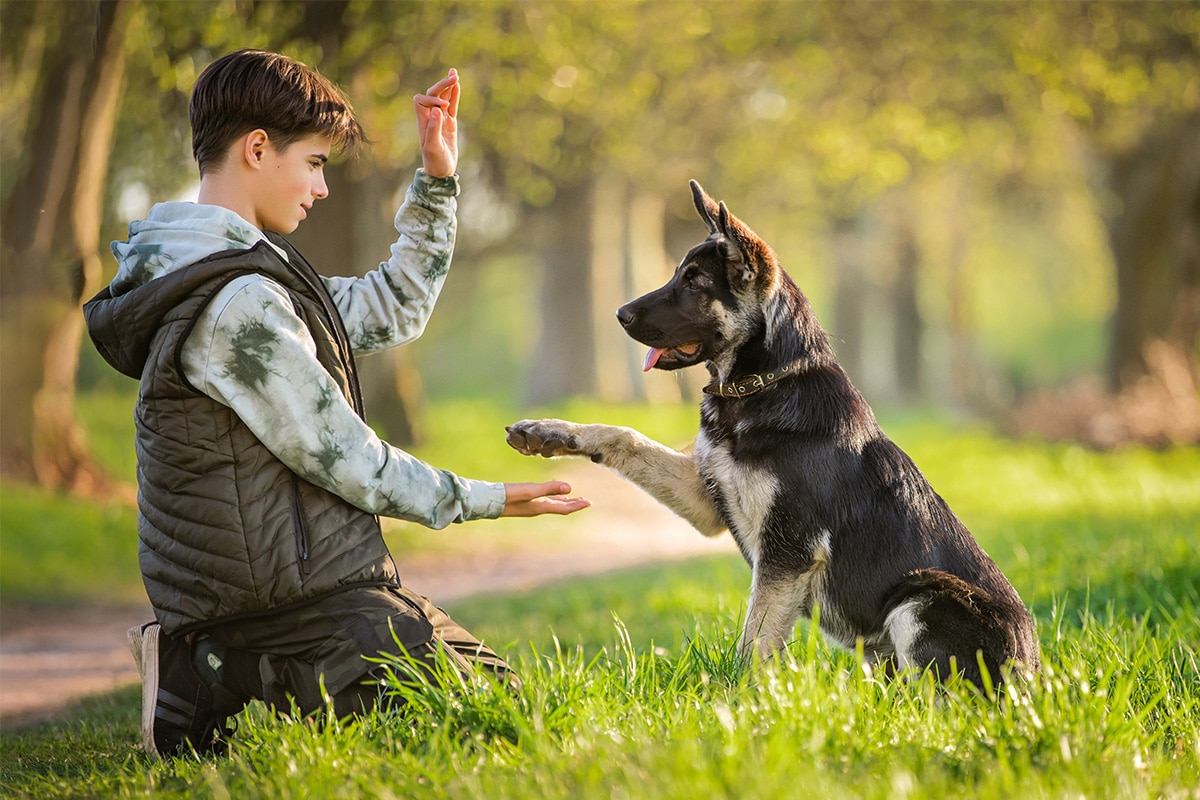 Shutterstock
Shutterstock
Some dogs are satisfied with a daily walk and a cuddle session. Others? They treat boredom like an emergency. These brilliant dog breeds don’t just crave stimulation—they demand it. Their minds are like little furry engines that need constant mental fuel in the form of new games, puzzles, and challenges. Leave them without a task, and you’ll find your smart pup redecorating your house with couch stuffing. These dogs are whip-smart, energetic, and love to learn—perfect for owners who enjoy being outwitted by their pets.
Border Collie
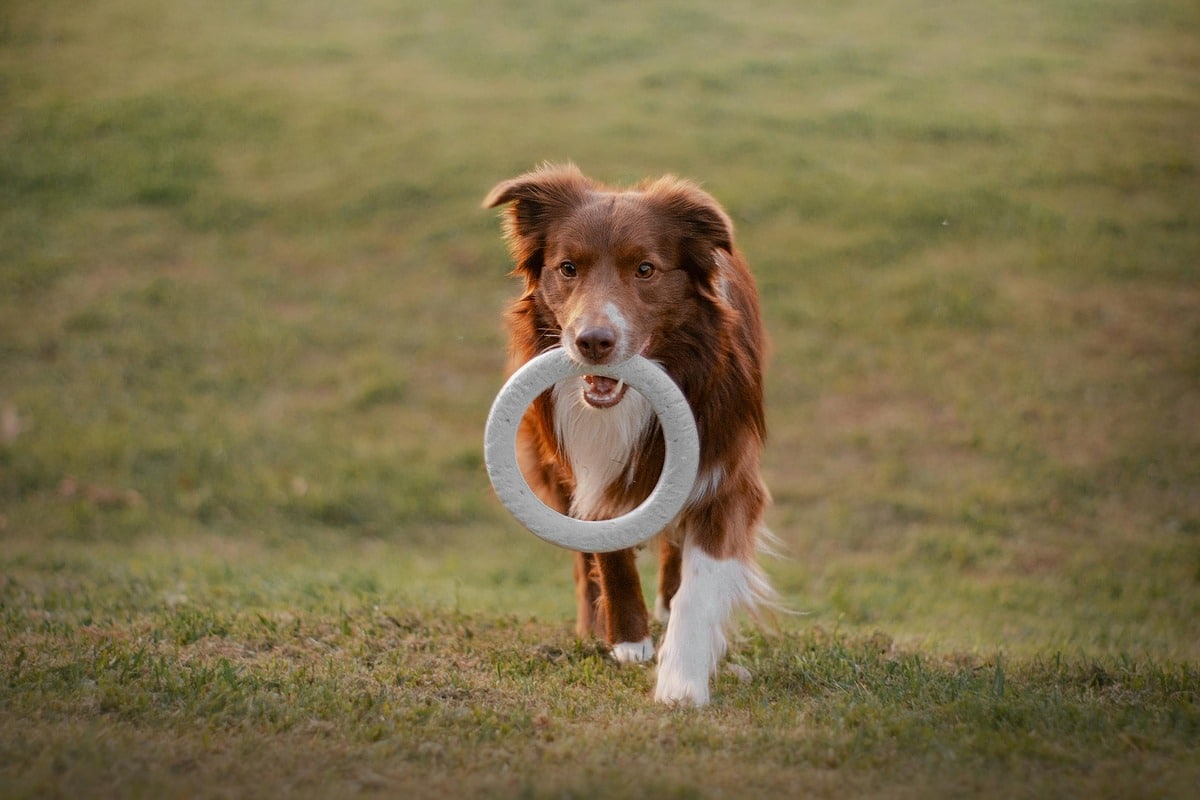 Shutterstock
Shutterstock
The Border Collie is often considered the Einstein of the dog world, and for good reason. These dogs were bred to herd livestock and make split-second decisions, which means their brains are always on. A bored Border Collie will invent games of their own, which can include chasing imaginary animals or reorganizing your furniture. Keeping them mentally stimulated with agility courses, scent games, or advanced obedience challenges isn’t just recommended—it’s essential for their survival.
Poodle
 Shutterstock
Shutterstock
Don’t let the fancy haircut fool you—Poodles are sharp as tacks. Whether you choose a Standard, Miniature, or Toy variety, these dogs are rapid learners with a love for problem-solving. Poodles thrive when given mental tasks, such as interactive puzzle toys, hide-and-seek, or trick training. Without daily challenges, their brains go into overdrive, which often leads to them plotting clever household mischief with the intensity of a tiny dog detective.
Australian Shepherd
 Shutterstock
Shutterstock
Australian Shepherds are high-energy, high-IQ herders that don’t take days off from thinking. They need not just physical exercise, but complex mental stimulation to keep them from growing restless and destructive. Whether it’s mastering new commands, navigating obstacle courses, or solving canine brain teasers, Aussies are always ready to learn something new. A tired Aussie is a happy Aussie—but only if that tiredness includes a good dose of brain work.
Belgian Malinois
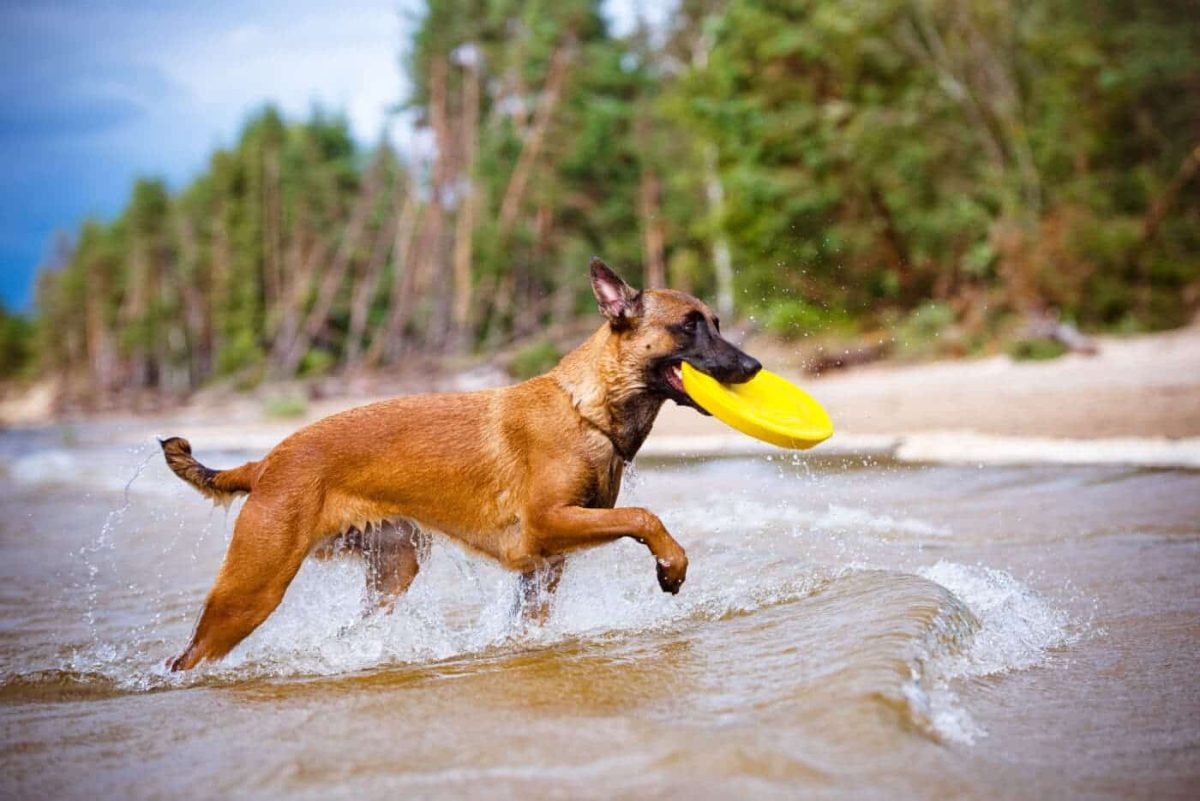 Shutterstock
Shutterstock
The Belgian Malinois is not your average house pet—they’re working dogs who consider solving problems a full-time job. Originally bred for herding and police work, their brains are wired for speed, strategy, and action. They require complex training regimens, daily challenges, and interactive play sessions to stay balanced. Without regular mental engagement, a Malinois will invent its own “jobs,” which may include redecorating your kitchen with remarkable efficiency.
Doberman Pinscher
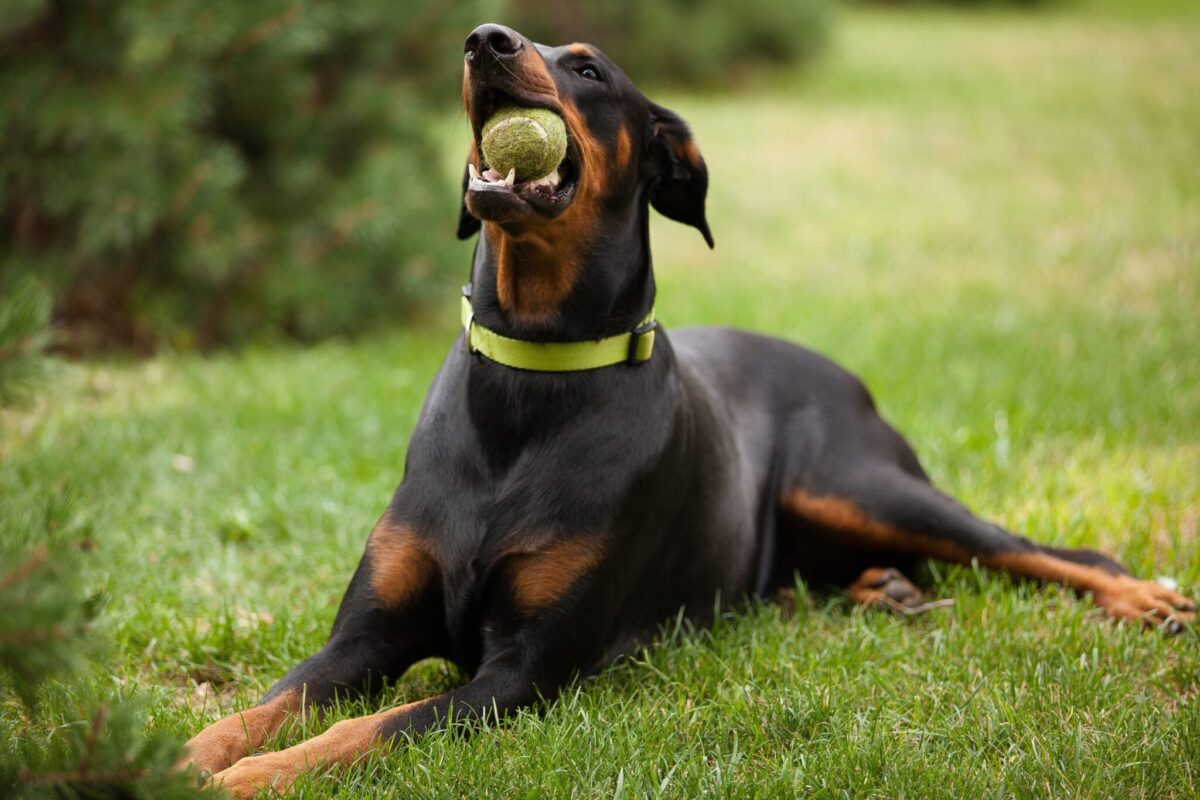 Shutterstock
Shutterstock
Dobermans are elegant, strong, and more intelligent than your Wi-Fi-connected home. These loyal dogs are always attuned to their environment and require mental exercises just as much as physical ones. They excel at protection training, advanced obedience, and brain games that push their memory and decision-making skills. If left unstimulated, they’ll find ways to entertain themselves—and those ways may involve solving the mystery of your locked pantry.
German Shepherd
 Shutterstock
Shutterstock
German Shepherds are loyal, robust, and blessed with remarkable intelligence. Initially developed for herding and protection, they need daily activities that challenge their bodies and brains. They thrive in environments where they’re given clear roles and regular mental puzzles, like tracking games or scent work. Without enough stimulation, a bored Shepherd will start questioning your leadership—and possibly your furniture choices.
Shetland Sheepdog
 Shutterstock
Shutterstock
The Shetland Sheepdog is like a smaller, fluffier version of the Border Collie, with the same level of intelligence. These quick learners enjoy tasks, puzzles, and any game that challenges their minds. Training them is a dream because they absorb new commands like sponges—but be warned, they’ll expect new challenges regularly. Leave a Sheltie idle for too long, and it will start creating elaborate escape plans or initiating conversations with your vacuum cleaner.
Papillon
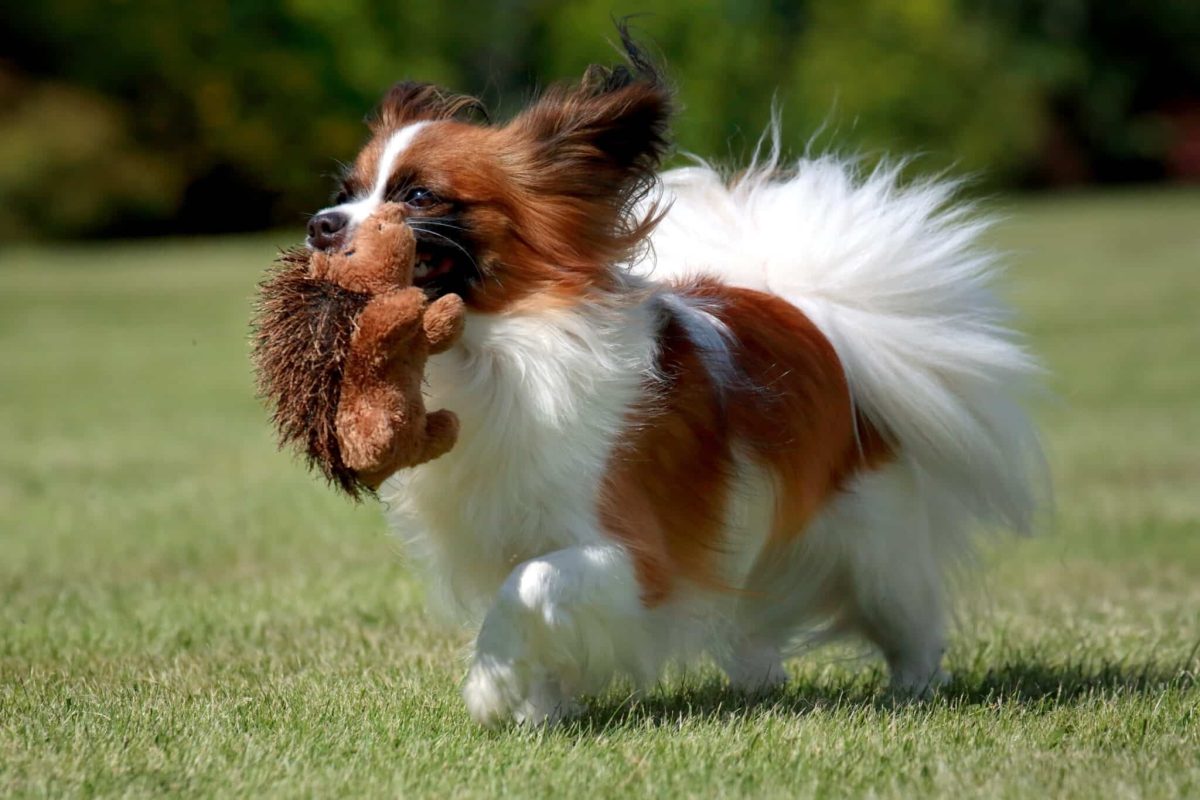 Shutterstock
Shutterstock
The Papillon may be tiny, but don’t underestimate its mental horsepower. This toy breed is often seen navigating agility courses that are twice its size and learning tricks at lightning speed. Papillons love to work their brains and thrive on trick training, interactive toys, and puzzle games that test their wits. If they don’t get their mental fix, they’ll turn their intelligence toward manipulating their humans with their expressive eyes and high-pitched “let’s play” bark.
Jack Russell Terrier
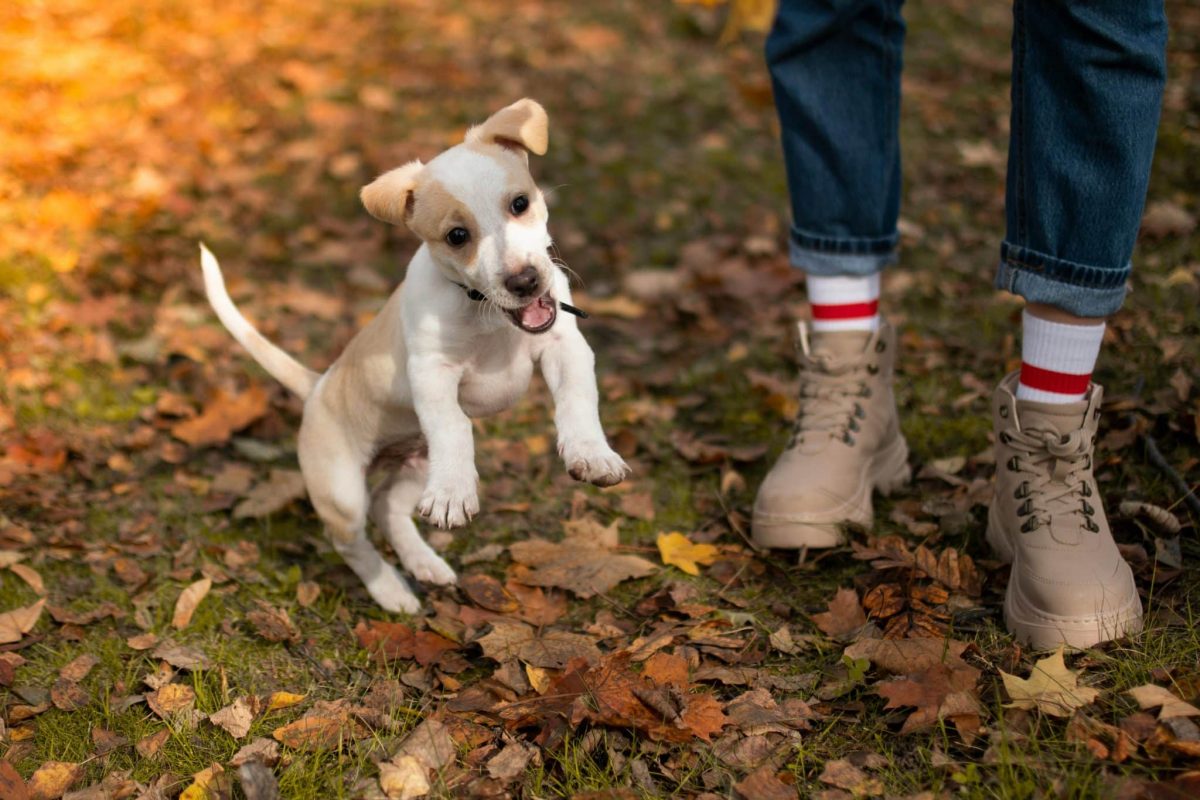 Shutterstock
Shutterstock
Jack Russells are pint-sized powerhouses of energy and brainpower, bred to think fast and move even quicker. They thrive on constant stimulation and can solve problems that would stump much larger dogs— and some humans. Training a Jack Russell isn’t optional—it’s essential for keeping that buzzing brain occupied. Without new games and challenges, these dogs get creative in all the wrong ways, including backyard excavation projects and kitchen counter parkour.
Cattle Dog
 Shutterstock
Shutterstock
Australian Cattle Dogs are the definition of brainy and brawny. These dogs are workaholics who love nothing more than a task that challenges their mind and body. They’re great candidates for dog sports, obedience drills, and learning practical skills, such as fetching specific items by name. If left to their own devices, they’ll channel their energy into home improvement projects, such as chewing baseboards or herding your guests into one corner of the living room.
Standard Schnauzer
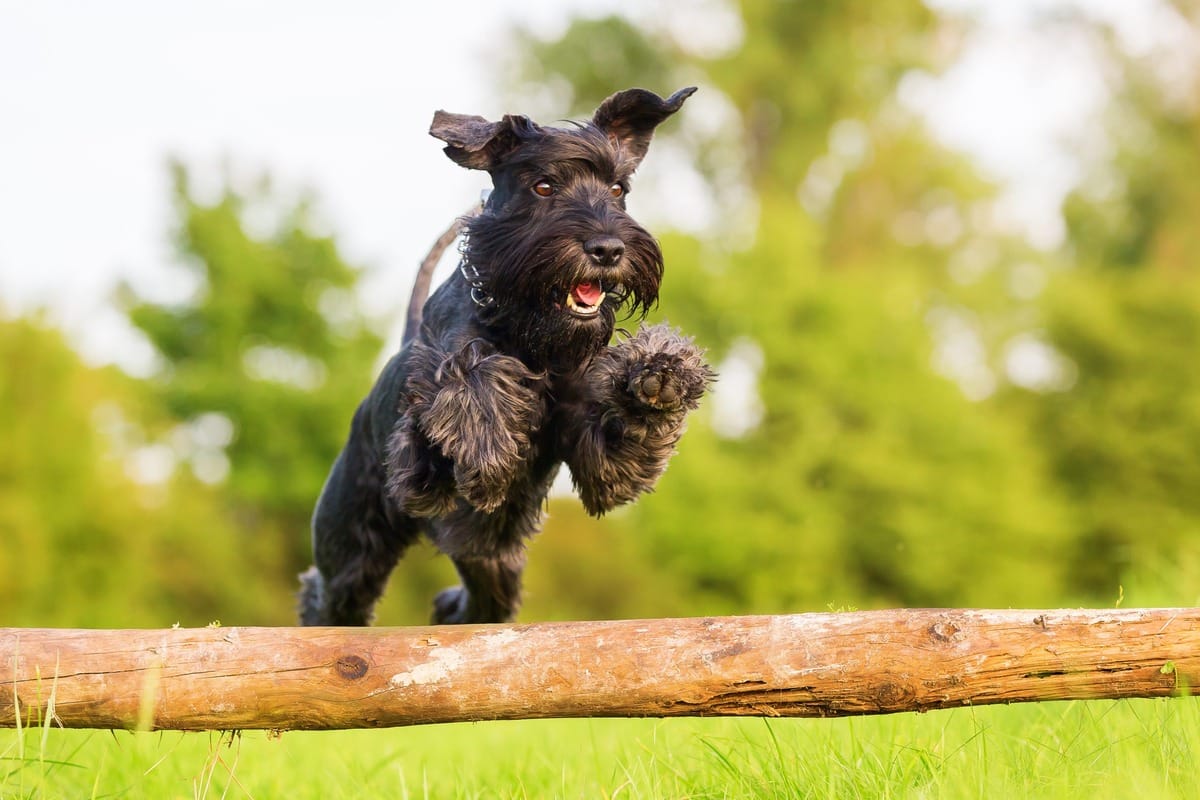 Shutterstock
Shutterstock
Standard Schnauzers are clever, spirited, and often underestimated in terms of canine intelligence. These dogs have an independent streak but thrive when mentally engaged with structured challenges. They love learning new tasks, especially those that involve interaction and have clear rules. Leave them bored, and they’ll invent their games—usually ones that include testing your patience and the durability of your slippers.
English Springer Spaniel
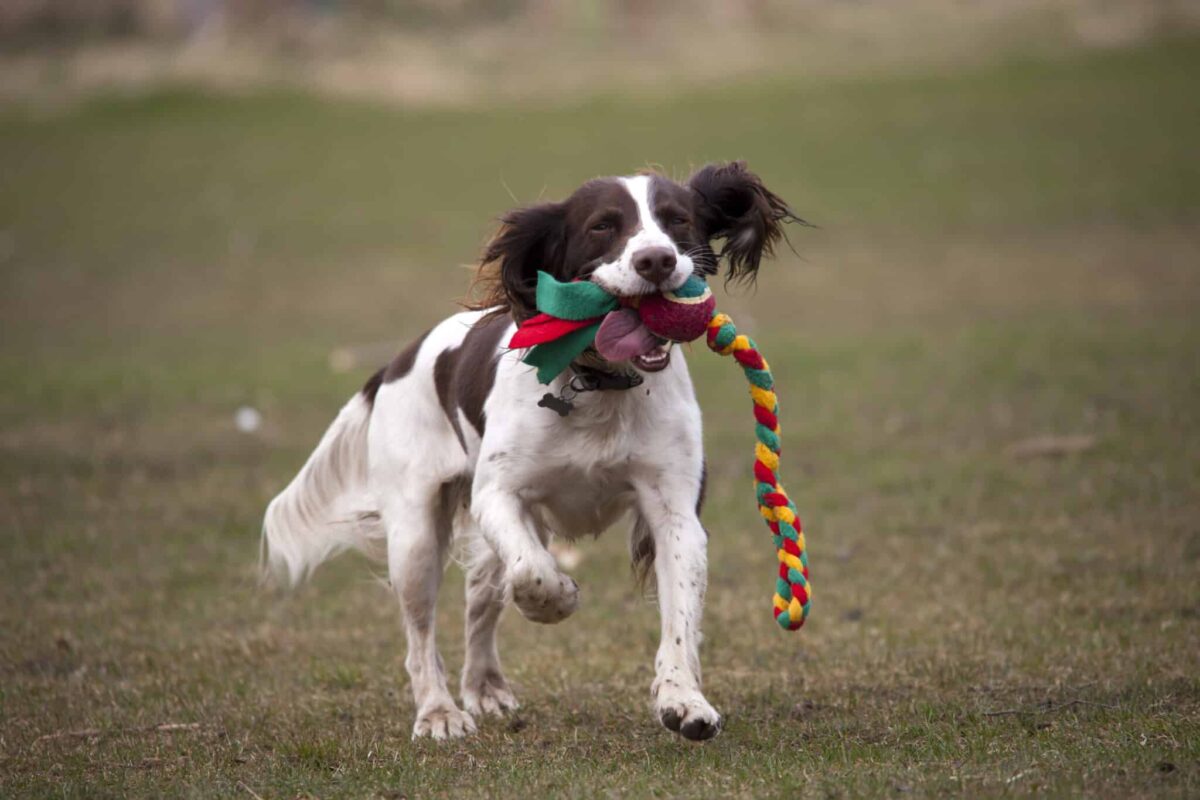 Shutterstock
Shutterstock
Springer Spaniels are known for their enthusiasm and trainability, but they also pack a lot of brainpower behind those big, eager eyes. They perform best in households where they can utilize their intelligence for sniffing games, fetch variations, and complex tasks such as retrieving specific objects. These dogs are eager to please and quick to learn, which makes them fun to train—if you can keep up. If left mentally idle, a Springer will make its fun, often involving a pillow, a shoe, or something you swore was out of reach.
Miniature American Shepherd
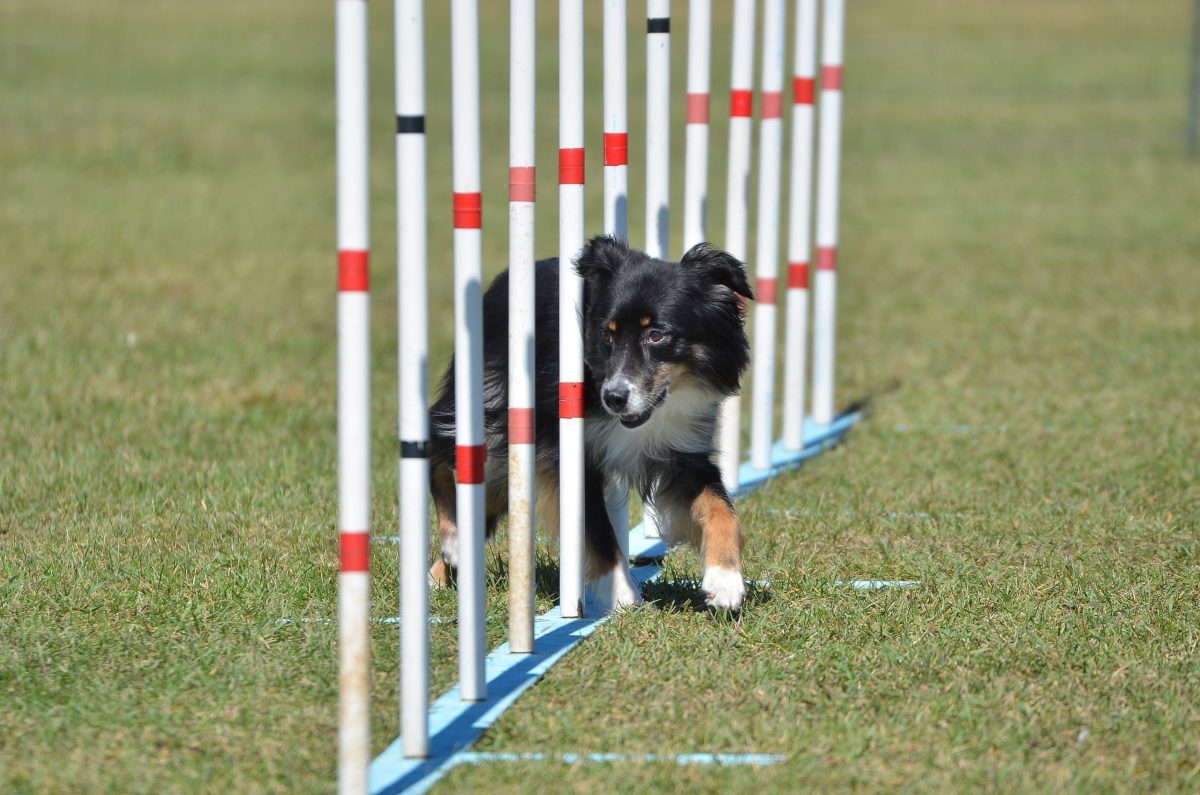 Shutterstock
Shutterstock
The Miniature American Shepherd is a small but fiercely intelligent breed, often described as a pocket-sized Australian Shepherd. They crave variety and excitement, thriving on interactive play, learning tricks, and solving puzzles that challenge their memory and focus. They form a deep bond with their humans and love having a job—any job—to do. Leave them bored, and you might find your socks organized by color, or your other pets being recruited into an elaborate game only they understand.
The Brainy Bunch That Outsmarts Boredom
 Shutterstock
Shutterstock
If you thought bringing home an intelligent dog meant adopting a quiet genius who reads books in the corner, think again. These brainy breeds don’t just want to learn—they have to. Their sharp minds thrive on variety, interaction, and a little bit of mischief to keep life interesting. A walk isn’t enough—they crave games, puzzles, and daily challenges. With the proper stimulation, these dogs become more than pets. They’re teammates, thinkers, and playful masterminds who’ll keep you laughing, learning, and hiding the treat jar just a little better.

 6 hours ago
1
6 hours ago
1


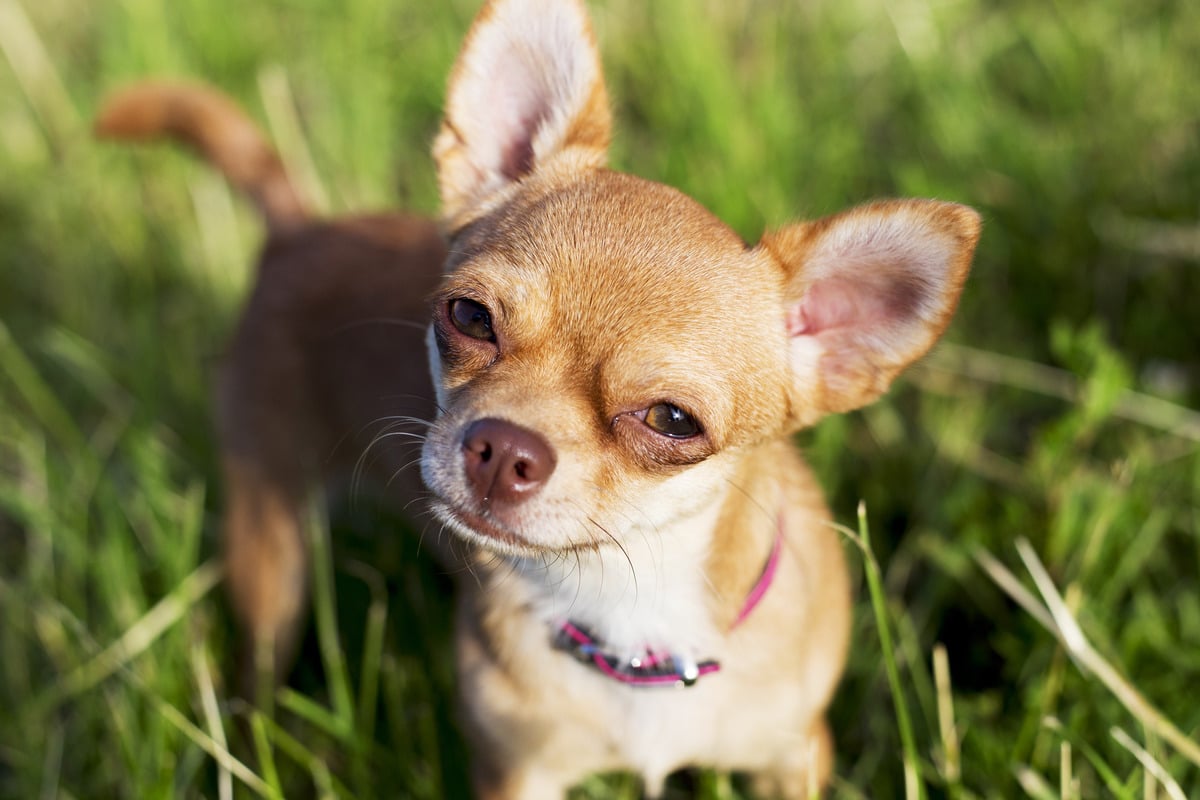
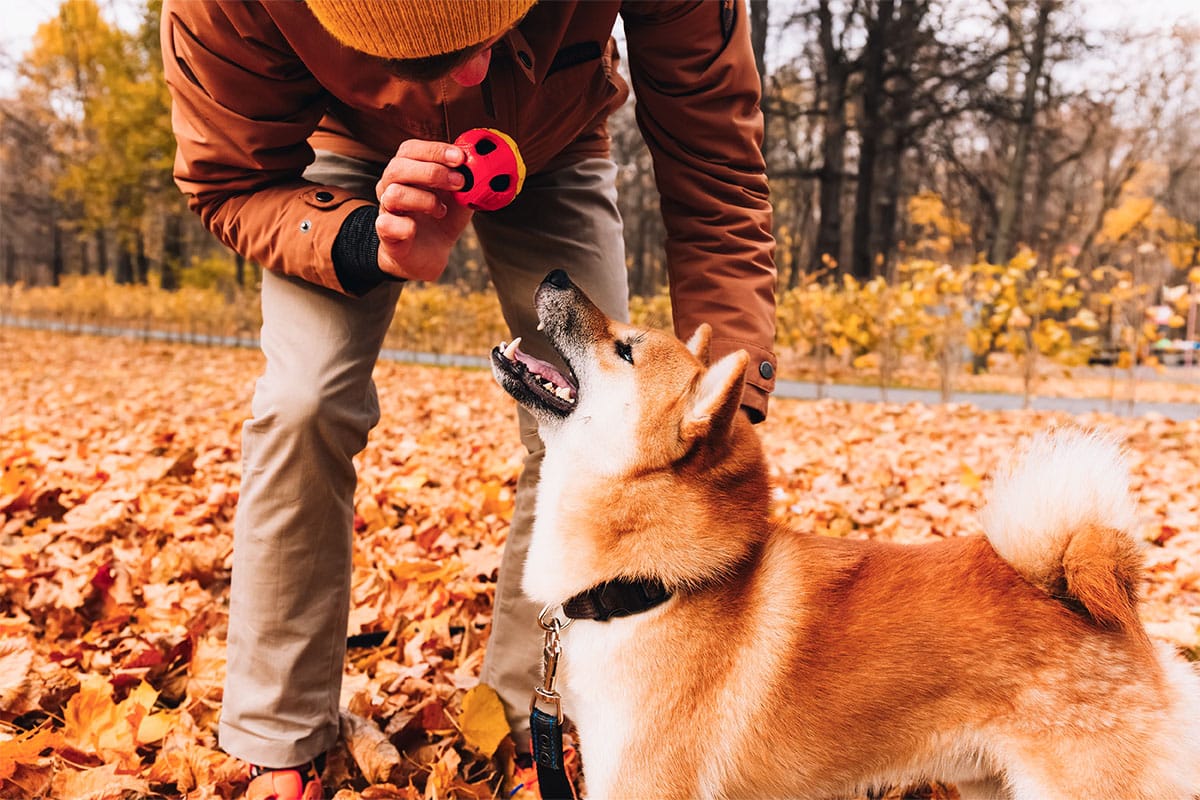





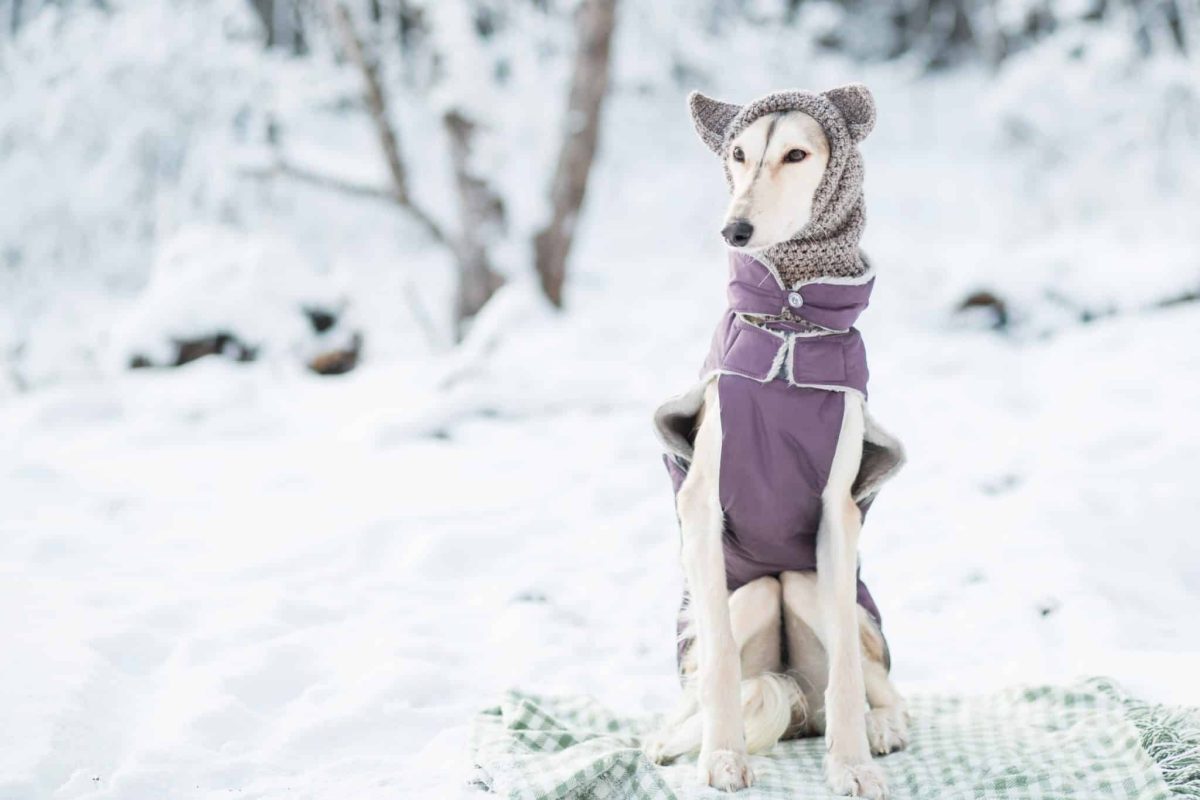
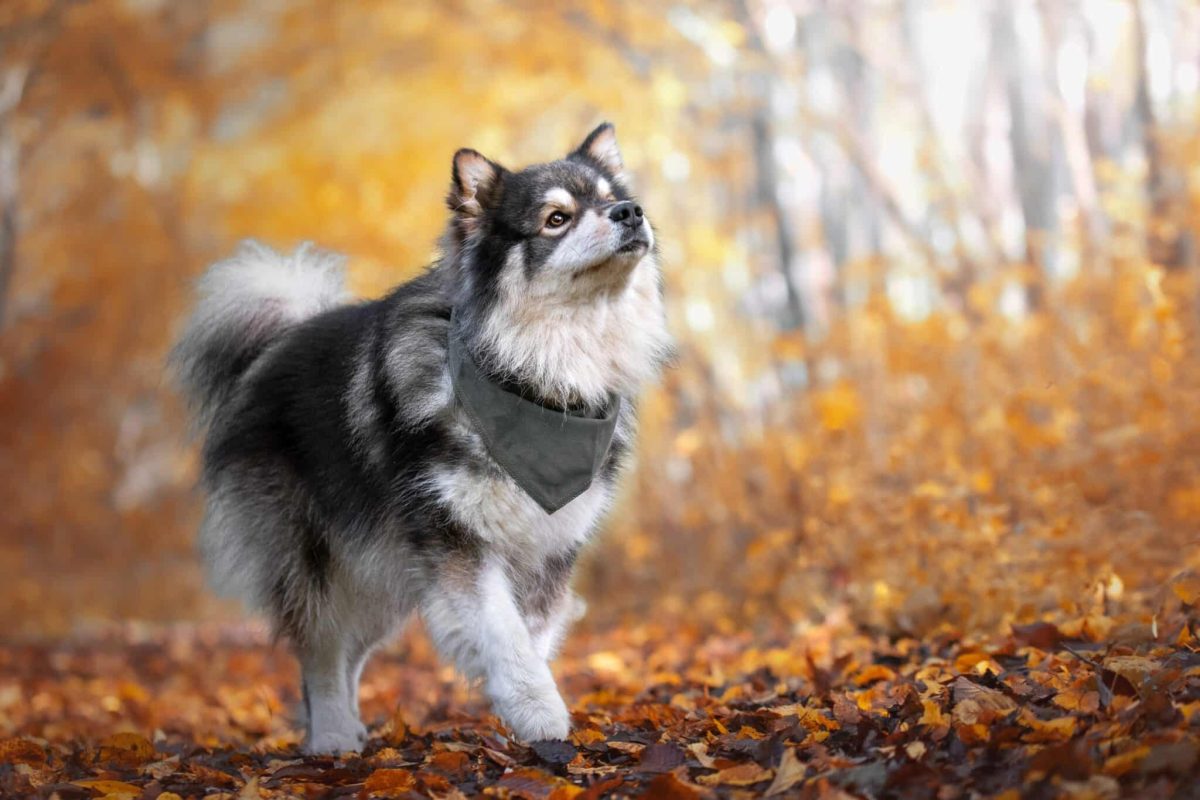


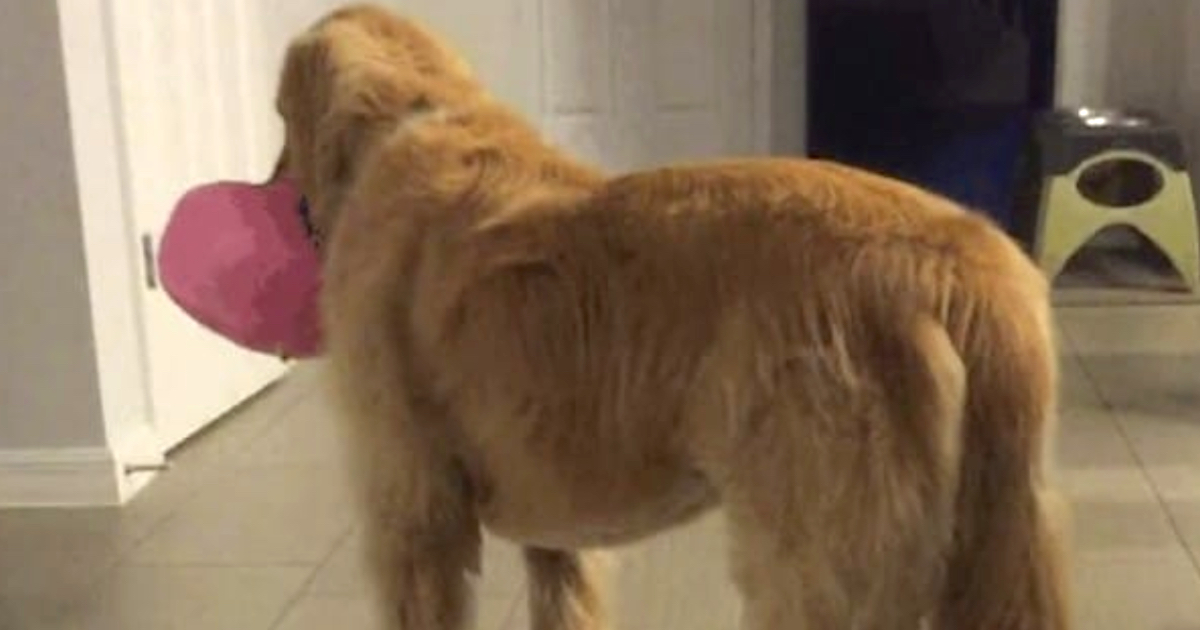




 English (US) ·
English (US) ·